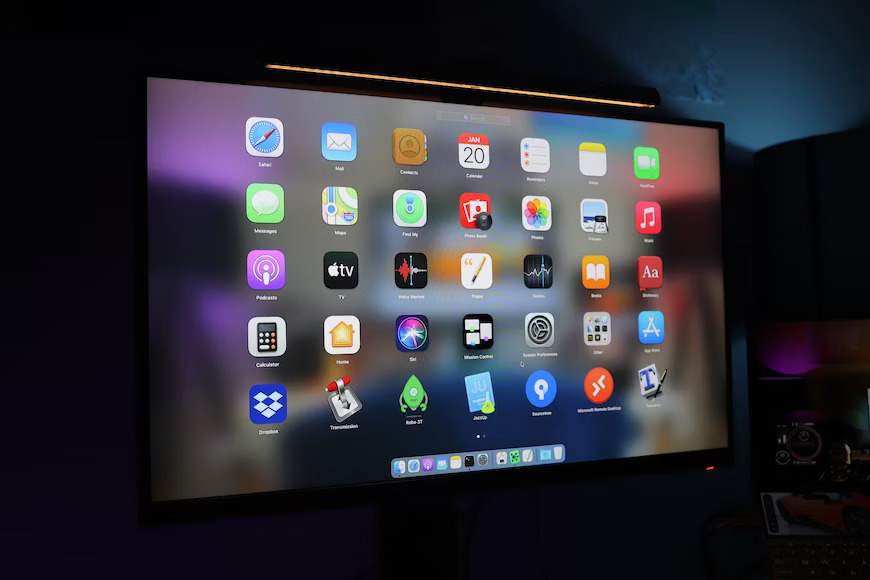On top of day-to-day tasks, goals, and deliverables, consulting businesses have one more crucial thing to always stay on top of: ensuring the confidentiality of client data.
The nature of your work as a consultant usually means that you have access to confidential information such as business and marketing plans, costs, profits and proprietary processes of the organisation you are working with. Thus, it’s paramount to guard their confidential information that they have disclosed and prevent it from leaking to outside parties.
Why is data protection so important?
When you initiate a working relationship with a client/organisation, you must proactively do your due diligence to ensure confidentiality, safety, and data security, even if the client is not asking for it. This is incredibly important to protect your client as well as yourself.
First, identify the types of confidential data that you may have access to during the engagement. Armed with this information, you can identify the potential risks that must be addressed. Higher the potential risk, greater the protection needed.
Here are a few reasons why data security is so important:
1. Your client could be getting unknowingly hacked for months or years: Michael Dell, the CEO of Dell shares a client’s story here that really drives this point home. Essentially, Dell found out that their system was so compromised that it took them 45 days to clean it up, during which they contacted companies to let them know that their confidential information had been stolen from them. On the last day, the hackers behind the fraud sent an email to the infected company pretending to be the IT firm and asked them to fill out a satisfaction survey. This was an attempted attack, but Dell was able to catch it before any harm was done.
The company had been hacked for two years and they had no idea of it!
2. All kinds of business are prone to cyber-attacks: Yes, it’s not just the large-sized organisations and enterprises. Even small and medium-sized businesses are very likely to get attacked.
In fact, fast-growing small businesses end up suffering the most from cyber-attacks because they usually lack the resources to clean up afterwards.
3. Cyber-attacks have increased: New data on cyberattack trends cites a 38% increase in global attacks in 2022, compared to 2021, according to Check Point Research.
4. Hackers have automated processes: Automation can be a boon for business, but in the case of hacking, it sure is a bane! Automated attacks are consistently being initiated without the hacker having to lift a finger. Bots can be deployed who can easily overtake and wreak havoc on businesses.
5. Your customer’s safety is your responsibility: Investing in data security is crucial because the responsibility to keep your client safe is all yours. This way you can keep your business and clients safe, thus protecting your overall brand image.
3 Ways of Protecting Your Client’s Confidential Data
1. Sign an NDA
When you do your due diligence and if you find potential risk, it is vital that you proceed only after signing a non-disclosure agreement (NDA). An NDA is a straightforward document that describes the terms under which the consultant and the client can and cannot disclose certain information. It is a basic, precautionary step. In the NDA, you can also define the definition of confidential information, each party’s obligation regarding the information, and a solution/remedy/next step if any data were to get breached accidentally or on purpose.
The NDA can be as specific and precise as needed, although the more specific the better. The contract confidentiality provision should be wider in scope and should remain in force beyond the contract or engagement expiration – perhaps a year or more.
You could also offer to sign a ‘secrecy agreement’ to show your clients that you are serious about keeping their information safe, which will bode well on your work ethic and personal brand as well.
2. Capture data with care
Be extremely careful regarding the information you collect and store in your system. Brian Lapidus, chief operating officer of Kroll Fraud Solutions in Nashville, Tenn., says there are several simple rules to keep sensitive data from falling into the wrong hands:
• Don’t collect information that is not needed.
• Keep the number of places where data is retained to bare minimum.
• Grant employees and contractors access to sensitive data on a need-to-know basis, and keep current records of who has access to the data.
• Purge the data responsibly once the need for it has expired.
While consultants need to secure the information in their possession, they also need to ensure that the data they have is in fact actually required, and not extraneous. Lapidus says, “Thieves can’t steal what you don’t have!”
3. Invest in the right technology
Technology can play a pivotal role in keeping your client’s confidential data safe. To save yourself the trouble of taking care of the minutest aspects of security, investing in a consulting software that has built in security system that lets you run your consulting business in a carefree manner.
Here are 3 security benchmarks to look for when you are considering a consulting software for your business:
- HIPAA: Necessary if you consult in the healthcare ecosystem, the Health Insurance Portability and Accountability Act sets the standard for sensitive client data protection. It protects the consultant and the client’s privacy, security, and integrity of protected health information that has zero tolerance for misuse in the United States of America.
- GDPR: GDPR-compliance allows the consultant’s and their clients’ personal data safety by providing a way for you to know how your personal data is being collected and/or processed withing the EU countries.
- SOC2: If a platform is SOC2-compliant, that means they offer high-end security and will keep your and your clients’ data encrypted and safe-guarded. SOC2-compliance protects customer data from unauthorized access, security incidents, and other vulnerabilities.
Additionally, you can check if the platform is hosted on AWS (Amazon Web Services), the worlds #1 trusted hosting partner. Check with them if they have dedicated firewalls established, password protection and authentication, what their data backup system looks like, what systems and procedures they’ve set up for reporting incidents, and tracking it for timely communication, investigation, and resolution…Do a bit of research and shoot questions to the customer support team. If they can answer your security and privacy related questions in detail, it means they have taken the security of the platform very seriously.
For effective compliance, it is important to stay updated with the latest data privacy rules and regulations. It has become essential to innovate against a backdrop of enhanced privacy protection systems. One of the challenges which businesses face is complicated compliance processes, but non-compliance with data protection will cost much more. So, if you put in the work in the early stages of your business, it will only prove advantageous for you in the future. All the best!
Sources: SHRM, Royal Cyber, D Solutions Group, Expert Base, Computer World
About Simply.Coach
Simply.Coach is an enterprise-grade coaching software designed to be used by individual coaches and coaching businesses. Trusted by ICF-accredited and EMCC-credentialed coaches worldwide, Simply.Coach is on a mission to elevate the experience and process of coaching with technology-led tools and solutions.

Content Marketing Manager @ Simply.Coach
Ipsita Nayak is a full-time writer-editor-content strategist and a part-time NLP coach and yoga teacher. She believes conventions are overrated, has a disproportionate need for solo time over social time, and loves a good mix of sci-fi and trashy TV in her free time!









